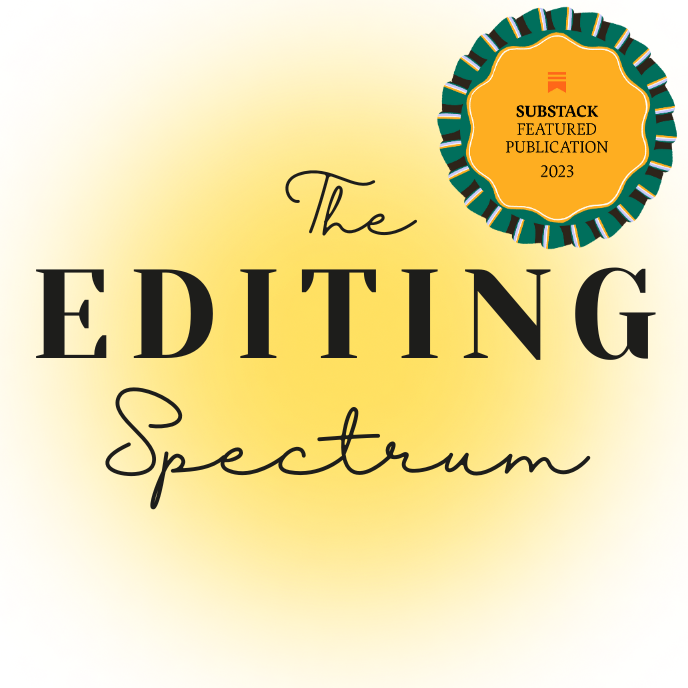The Importance of Story
/I’d like to tell you the story of a young girl who was molested when she was 6. The boy who hurt her wasn’t a family member or a close friend; he was a babysitter from church. Word spread that he had done other “wrong” things to some of the little girl’s friends. When her parents asked if anything had happened, she shook her head no. In the coming weeks, the little girl overheard snippets of court proceedings—another family in the church had pressed charges against the young man. The young girl considered telling her parents what he’d done to her, but chose not to because they were quite upset that the boy was being “wrongly accused.”
Life became very dark for the little girl. She dealt with regular tremors in her body, developed anxiety attacks, felt immense shame and for most of her childhood she experienced a gut-wrenching sort of existence. Her only solace was found in writing because, in her mind, the piece of paper had no responsibility to care for her—it just listened very well.
Despite everything, the young girl was very good in school; she held jobs, offered help to anyone in need, sang in the church youth band and was very responsible. One day, she was all grown up, and she went to college where she chose to write a research paper about punishments for sex offenders. She wanted to defend their right to forgiveness and a clean slate. When the time came to write the paper, the young woman couldn’t construct a sentence. As she sat on her bed, trying to work through “writer’s block,” a thousand memories came flooding back. And she remembered her own story.
Suddenly everything about her made sense. And she began a very hard task: writing a story she was remembering for the first time.
Heavy stuff, huh? What are you feeling right now?
Some people read this and become uncomfortable because it’s too personal. Some literary folks criticize it for being too vague. Some roll their eyes. Some tune in and want to know what happened to the young girl, how did she make it through—is she OK?
The importance of story is that we all have one to share. When and how we do that is highly dependent upon the audience and whether or not we’re truly ready to divulge personal information about ourselves. Story is important because it’s in everything we say and do. Everything you tell me gives me insight into who you are, how you operate, when your parents divorced, if your grandmother was critical and so on.
One thing I’ve learned over the years is that people are yearning to tell their stories. Even more so, they want to be heard and truly understood in their own confusion. By listening, we can pick up clues about the person sitting in front of us.
For example, would you be surprised to know that this same little girl is a published author, a managing editor, a person passionate about fair treatment in the workplace? She counsels friends on managing anxiety, establishing healthy boundaries with friendships, healthful eating habits and meditation. Would you be at all surprised that she is delighted to listen to anyone’s story—especially those of young children even when they ramble incoherently?
Why does she do all those things?
Because she just told you her story.

